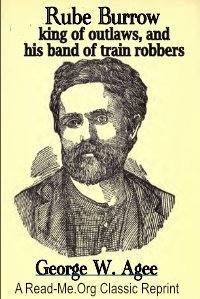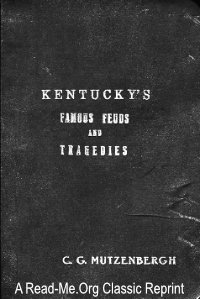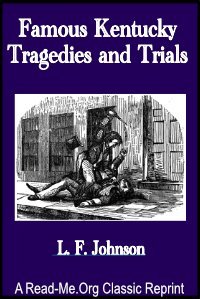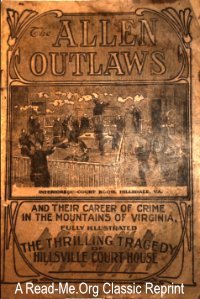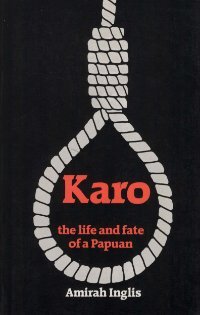By Colin Heston (Author), James Tucker (Author), Ralph Rashleigh (Contributor)
This compelling narrative offers a vivid portrayal of the convict experience in early colonial Australia. The book, first published in 1929, is attributed to James Tucker, who wrote under the pseudonym Ralph Rashleigh. This introduction by Colin Heston aims to provide an overview of the book’s themes, historical context, and its significance in Australian literature. The story is set during a tumultuous period in Australian history when the continent was used as a penal colony by the British Empire. From 1788 to 1868, over 160,000 convicts were transported to Australia, fundamentally shaping the social and cultural landscape of the emerging nation. “Adventures of an Outlaw” provides a firsthand account of this era, detailing the harsh realities faced by convicts and the brutal conditions of the penal system. James Tucker, the presumed author, was himself a convict transported to Australia for forgery. His experiences and observations lend authenticity to the narrative, making it a valuable historical document. The book offers insights into the daily lives of convicts, their interactions with authorities, and their struggles for survival and dignity in an unforgiving environment. This abridged edition simplifies the narrative and corrects the many quaint spellings and expressions while keeping the essential facts and challenging experiences that challenged Rasjleigh's resilience and determination to find freedom.
First published in 1929 by Jonathan Cape and Harrison Smith1. The memoir, attributed to the pseudonym Ralph Rashleigh, is actually the work of James Rosenberg Tucker. This abridged edition Read-Me.Org Inc. 2025. 105p.

















